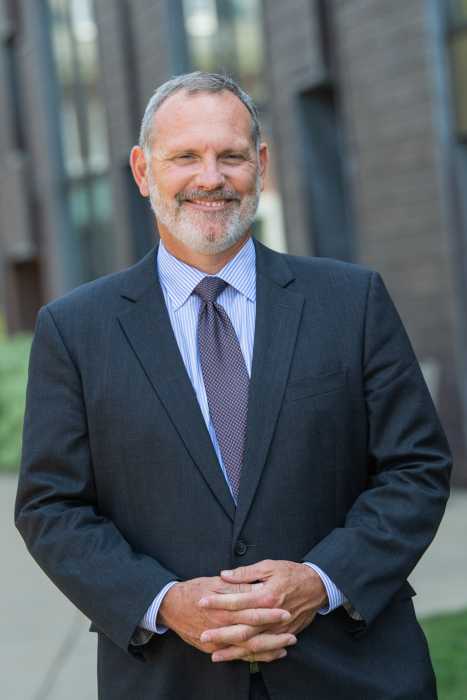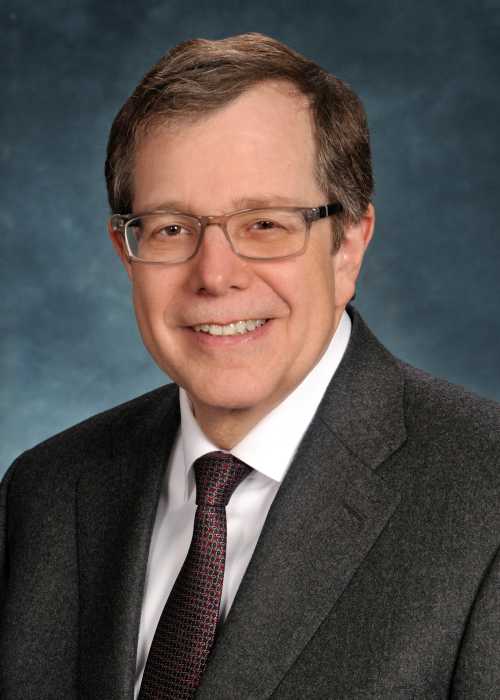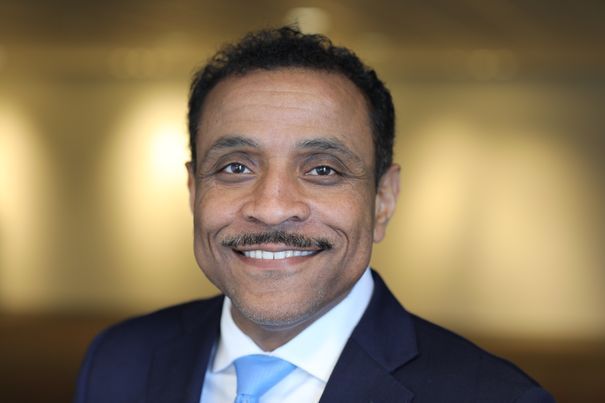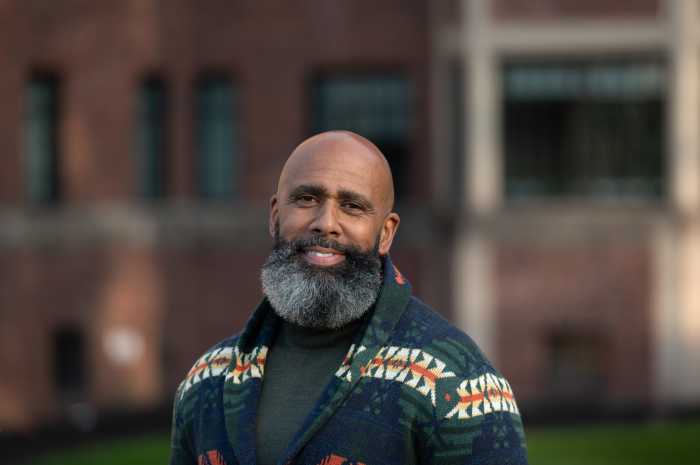A product of the School District of Philadelphia, Kiana Thompson has dedicated her career to serving the district’s students. Kiana received her bachelor’s degree in Fine Art from Morgan State University, master’s degree in Educational Administration from Gwynedd Mercy University, and EdS in Educational Technology from Walden University. In 2006, she was granted the unique opportunity to be a founding teacher at the Academy at Palumbo, where she later became principal in 2014.
What is something you have learned from your students?
My students have taught me to prioritize the things that are most important in supporting their well being. I understand that today’s teenagers are experiencing numerous challenges. Listening to the things they say informs my decision-making when it comes to programming and budgetary considerations. Once students have an environment where there is a sense of security, the academics will fall into place.
What was your favorite moment or experience in your own education?
My freshman year in college would probably count as the most transformative experience in my education. My junior high and high school experiences had been at very diverse magnet schools. Being at a historically Black college and university exposed me to Black excellence from all over the country and beyond. The sense of pride instilled in me as a young Black woman has always stayed with me as I move forward and support my students.
What conditions do you think are necessary for a safe and effective learning environment?
Putting the needs of the students first is the most important aspect of creating a safe, nurturing environment. Attracting like-minded staff who all subscribe to the same mission and vision ensures that the students are encouraged to perform to the best of their ability. Offering multiple opportunities outside of the classroom that speaks to the student’s interests fosters ownership and a feeling of community among all involved.
How do we ensure those without privilege have equal access to quality education and opportunity?
As a school leader, it’s important to think creatively in order to remove barriers and create opportunities for all students. Embracing partnerships, supporting extracurricular activities, and encouraging students to attempt the most challenging curriculum are ways we try to ensure all of our students have access to a well-rounded high school experience regardless of their race, gender, or socioeconomic status.










